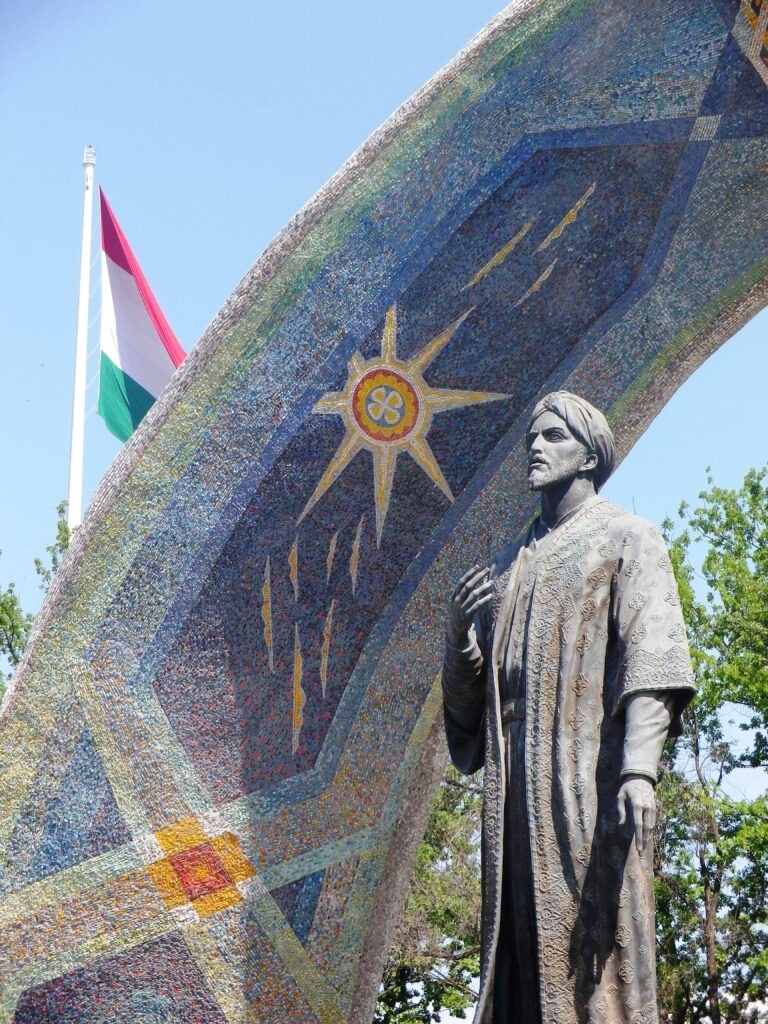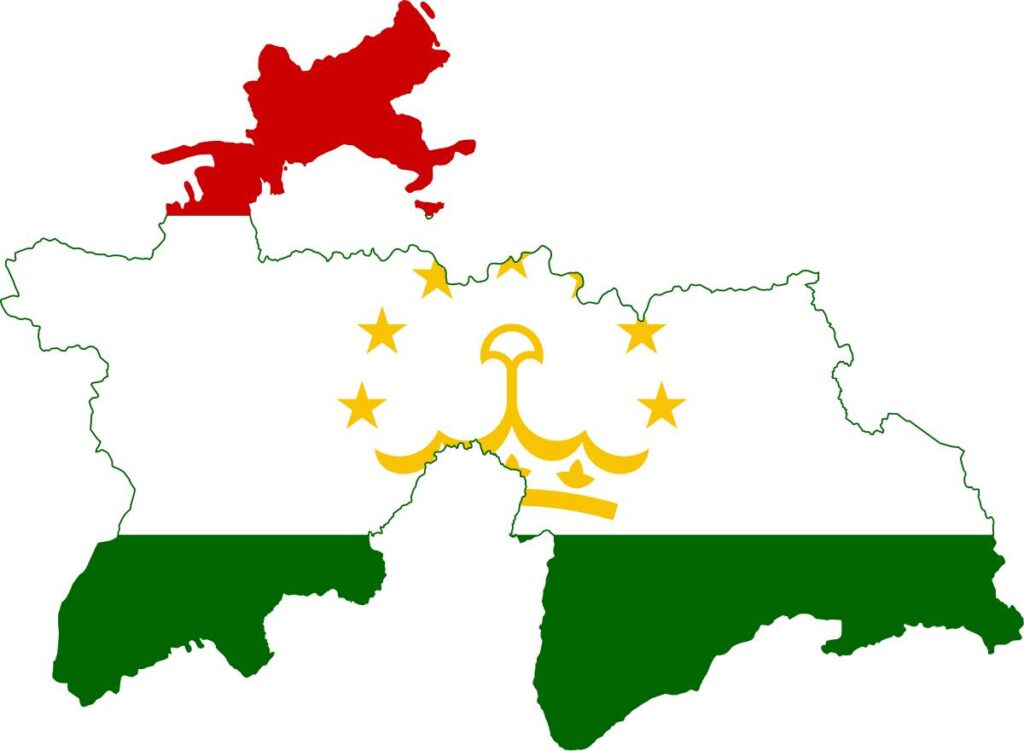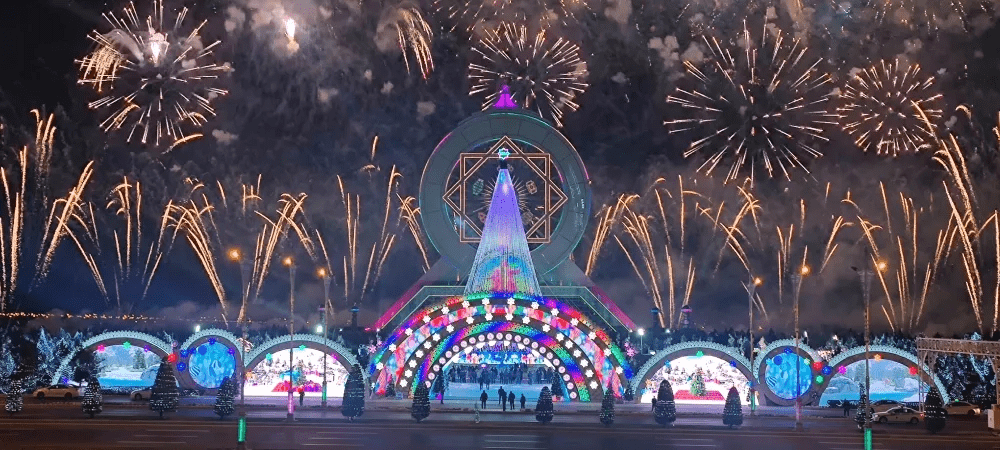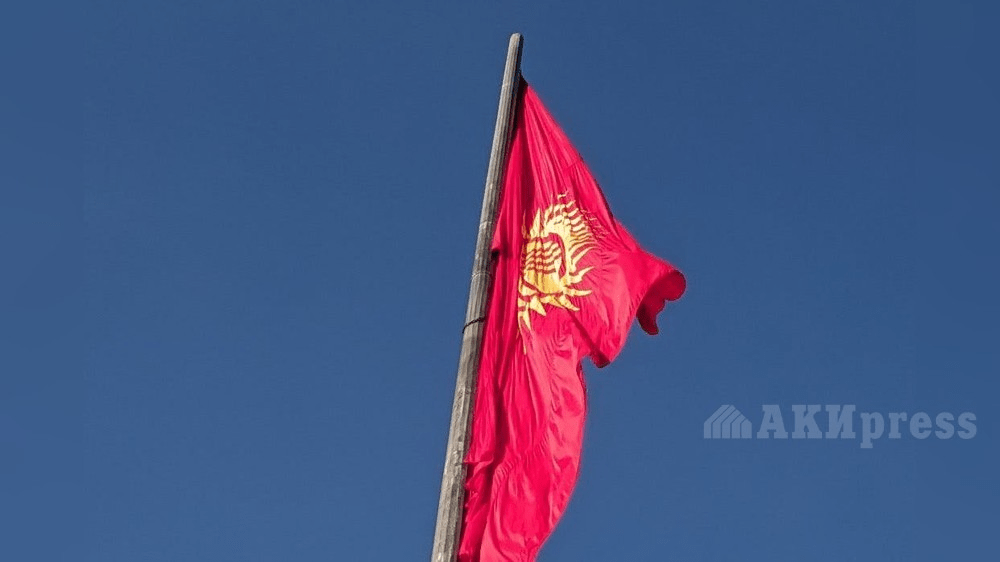Tajikistan Elevates Cultural Presence with Permanent Delegation at UNESCO
In a significant move, Tajikistan has taken a stride towards enhancing its international cultural representation by establishing a Permanent Delegation to UNESCO. President Emomali Rahmon, on January 12th, issued a decree formalizing the establishment of this delegation. The decision is expected to bolster Tajikistan's standing in the global community, facilitating active engagement with UNESCO, and providing a platform to advocate for and safeguard the nation’s cultural heritage on the international stage. Tajikistan has already made notable contributions to UNESCO's recognition of cultural treasures. In December, the traditional art of text decoration known as "Tazhib" and the celebration of "Sada" secured places on the Representative List of the Intangible Cultural Heritage of Humanity. Additionally, the craft of producing atlas and adras, as well as cultural elements like chakan, the musical genre "falak," and the observance of "Yaldo night" have earned spots on UNESCO's list. Given the shared cultural heritage of Central Asian nations, certain elements transcend national borders, embodying the essence of regional traditions. For instance, Tajikistan, along with other Central Asian countries, shares intangible cultural heritage items like the Navruz holiday, shashmakom music, silk weaving techniques, and the art of making the traditional dish, plov. Tajikistan is actively pursuing UNESCO recognition for the ancient farmers' festival, Mehrgon, as part of its intangible cultural heritage. Mehrgon, deeply rooted in Tajik history, marks the culmination of the harvest season. Its inclusion in UNESCO's list would represent an acknowledgment of Tajikistan's distinctive cultural traditions. Moreover, Tajikistan has submitted a proposal to inscribe twelve sites of ancient Khuttal on the UNESCO World Cultural Heritage Register. This collection of sites includes cities, palaces, fortresses, mausoleums, and monasteries, collectively bearing witness to the profound history of the region. If accepted, the inclusion of these sites on the World Cultural Heritage List would contribute to their preservation for generations to come.






